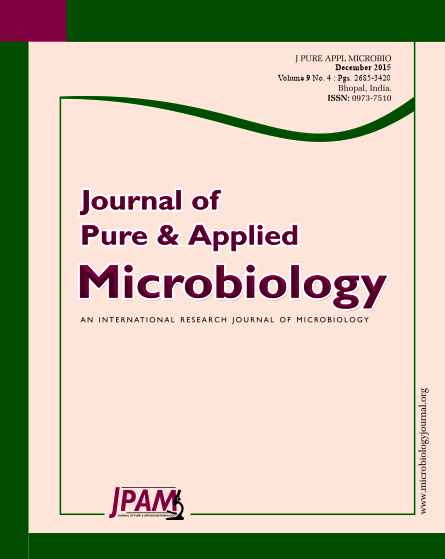H. pylori is one of the novel risk factor of atherosclerosis that showed it might be contributed to atherosclerotic process. Precise understanding of atherosclerosis risk factors is of extreme importance to develop preventive and treatment strategies to minimize its consequences. Although epidemiologic studies have suggested a relationship between Helicobacter pylori (H. pylori) infection and atherosclerosis but this issue is still controversial. Fifty-five patients who underwent CABG and had the indication for coronary atherectomy (coronary group) and the other group was fifty-five patients who underwent cardiac surgery for non-coronary cause and had the carotid or aortic arch plaques then sampling from their carotid plaque was performed(carotid group). Ultimately, all plaques were analyzed by PCR method for H. pylori genome. H. pylori was detected in 9.1% samples of coronary artery plaques. In contrast, all of the carotid samples were negative for H. pylori. The binary logistic regression analysis was also showed no statistical significantly P value=0.45 (OR,5.5;CI,0.58-53.7)association between the presence of H. pylori and development of coronary artery disease. This study showed that the frequency of H. pylori positive plaques was significantly higher in coronary group than carotid group. On the other hand, it was not seen significantly association between H. pylori with development of coronary atherosclerotic plaques. Then it could not be an independent predisposing factor for coronary atherosclerosis in patients with chronic H. pylori infections in our study.
Atherosclerotic coronary plaques, Helicobacter pylori, polymerase chain reaction.
© The Author(s) 2015. Open Access. This article is distributed under the terms of the Creative Commons Attribution 4.0 International License which permits unrestricted use, sharing, distribution, and reproduction in any medium, provided you give appropriate credit to the original author(s) and the source, provide a link to the Creative Commons license, and indicate if changes were made.


